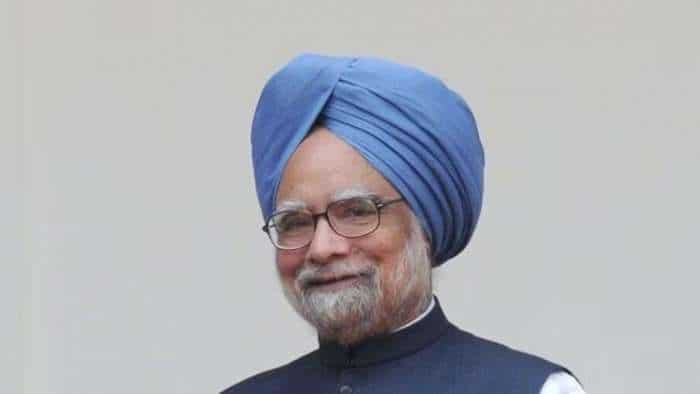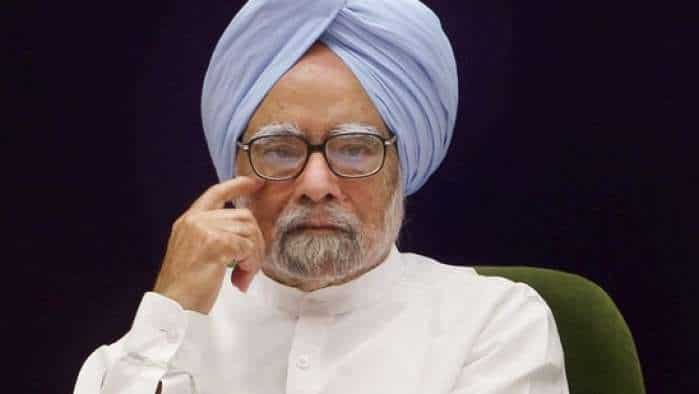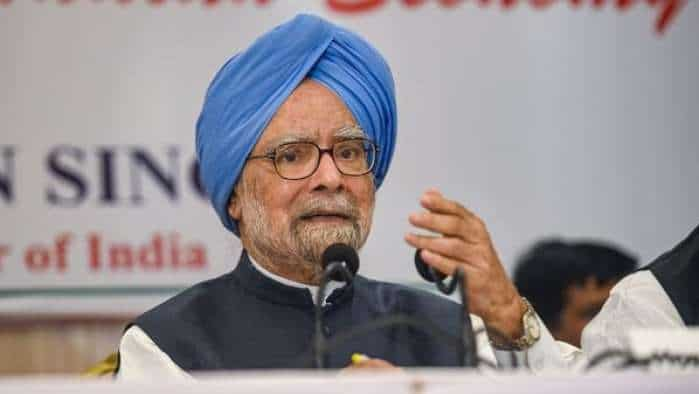United States, Canada slug it out as deadline looms to clinch NAFTA
The latest talks between Canada and the United States have been intense but constructive, marking a departure from acrimonious tit-for-tat that surrounded past rounds.

Canada and the United States will make a final push to iron out differences on a pact to modernize the North American Free Trade Agreement (NAFTA) on Friday, with Mexico on standby to return to talks aimed at ending a year of hard-fought negotiations.
U.S. Trade Representative Robert Lighthizer and Canadian Foreign Minister Chrystia Freeland were unable to clinch a deal despite meeting late into the evening on Thursday. They will reconvene on Friday morning.
Mexico is also expected to rejoin the talks at some point on Friday, allowing for three-way negotiations to resume after a two-month break. A bilateral deal announced by the United States and Mexico on Monday was a breakthrough that infused renewed optimism around a new NAFTA.
The latest talks between Canada and the United States have been intense but constructive, marking a departure from acrimonious tit-for-tat that surrounded past rounds.
"The mood is cooperative and it`s positive. I think everybody is working towards a deal," said Flavio Volpe, president of Canada`s Automotive Parts Manufacturers Association.
"This isn`t like some of the other NAFTA rounds where people were introducing poison pills for political reasons or otherwise," he said.
U.S. President Donald Trump has set a Friday deadline for the three countries to reach an agreement, which would allow outgoing Mexican President Enrique Pena Nieto to sign it before he leaves office at the end of November. Under U.S. law, Trump must wait 90 days before signing the pact.
However, Trump hinted that the Friday deadline may be flexible, saying that a deal with Canada may come that day, or "within a period of time."
The new NAFTA agreement that is taking shape will likely strengthen North America as a manufacturing base by making it more costly for automakers to import a large share of vehicle parts from outside the region.
New chapters governing the digital economy and stronger intellectual property, labor and environmental standards could also work to the benefit of U.S. companies, possibly helping Trump to fulfill his campaign promise of creating more American jobs.
But challenges remain. The United States wants to eliminate Chapter 19, a dispute-resolution mechanism that has hindered it from pursuing anti-dumping and anti-subsidy cases. Lighthizer said on Monday Mexico had agreed to cut the mechanism but Canada wants to keep dispute resolution in NAFTA.
Canada has reportedly offered to make concessions to its protected dairy industry, which has come under repeated attack from Trump, in an effort to retain Chapter 19.
Watch Zee Business video here:
Trump argues Canada`s hefty dairy tariffs are hurting U.S. farmers, an important political base for his Republican party. But dairy farmers have great political clout in Canada, too, and concessions could hurt the ruling Liberals ahead of a 2019 federal election.
"To continually undermine the industry is absolutely devastating and it weakens our industry overall," said David Wiens, vice president of Dairy Farmers of Canada. Trump wanted changes that would destroy family farms across Canada, he said.
Get Latest Business News, Stock Market Updates and Videos; Check your tax outgo through Income Tax Calculator and save money through our Personal Finance coverage. Check Business Breaking News Live on Zee Business Twitter and Facebook. Subscribe on YouTube.
RECOMMENDED STORIES
06:05 PM IST











 Honda to invest more than $370 million in Canada plant
Honda to invest more than $370 million in Canada plant